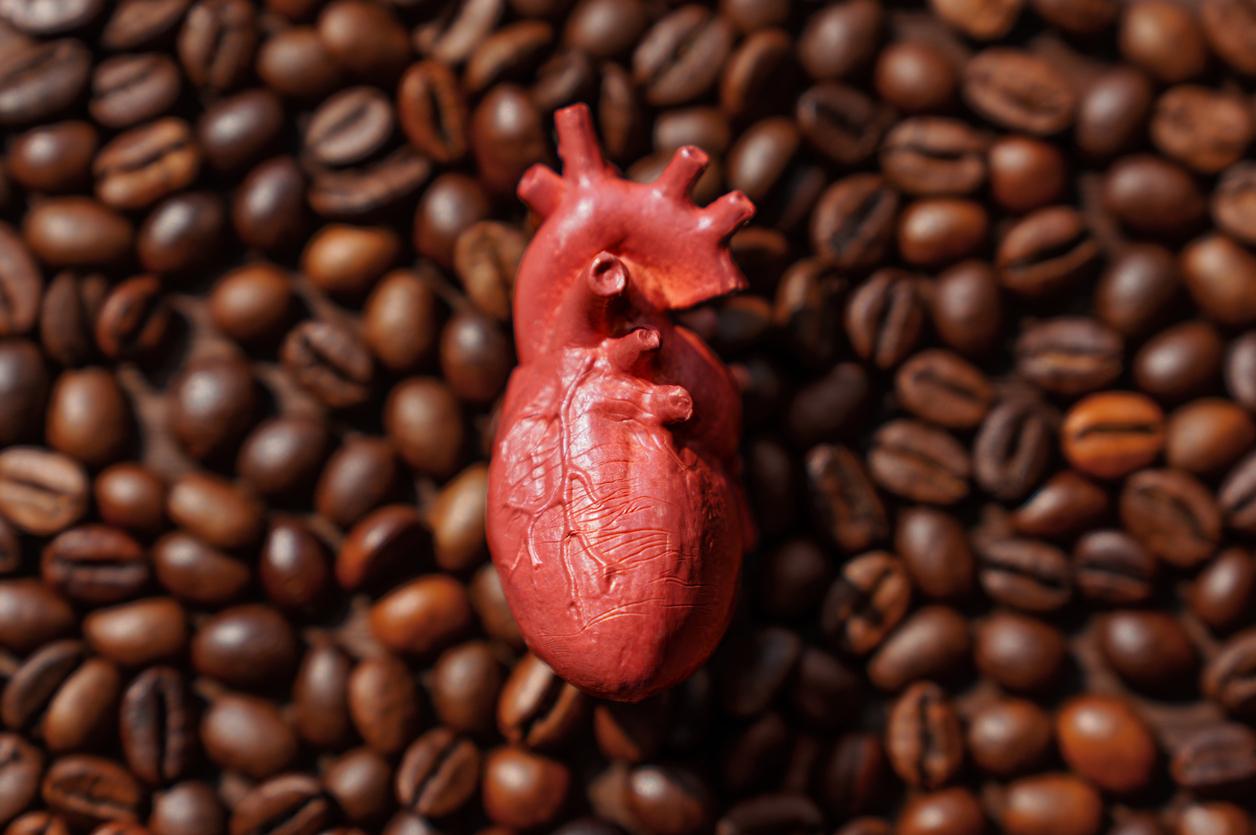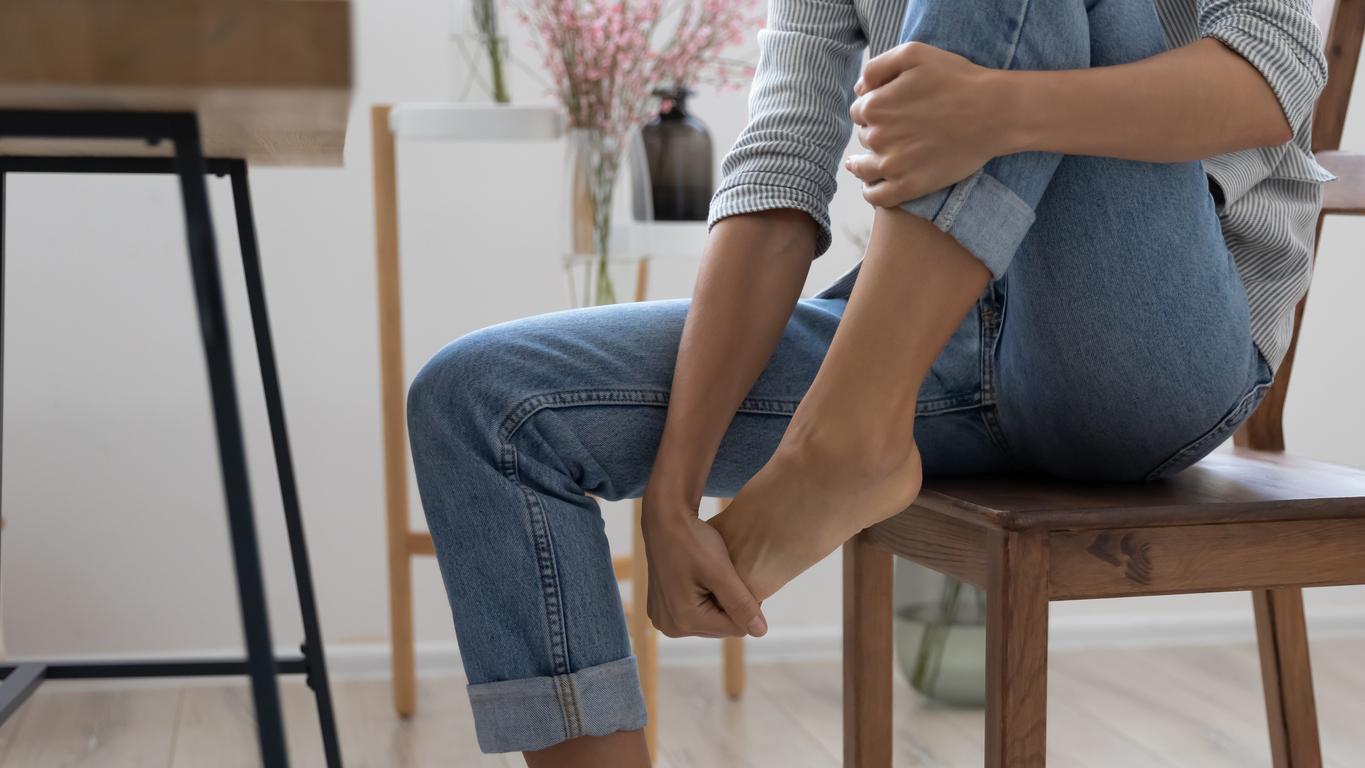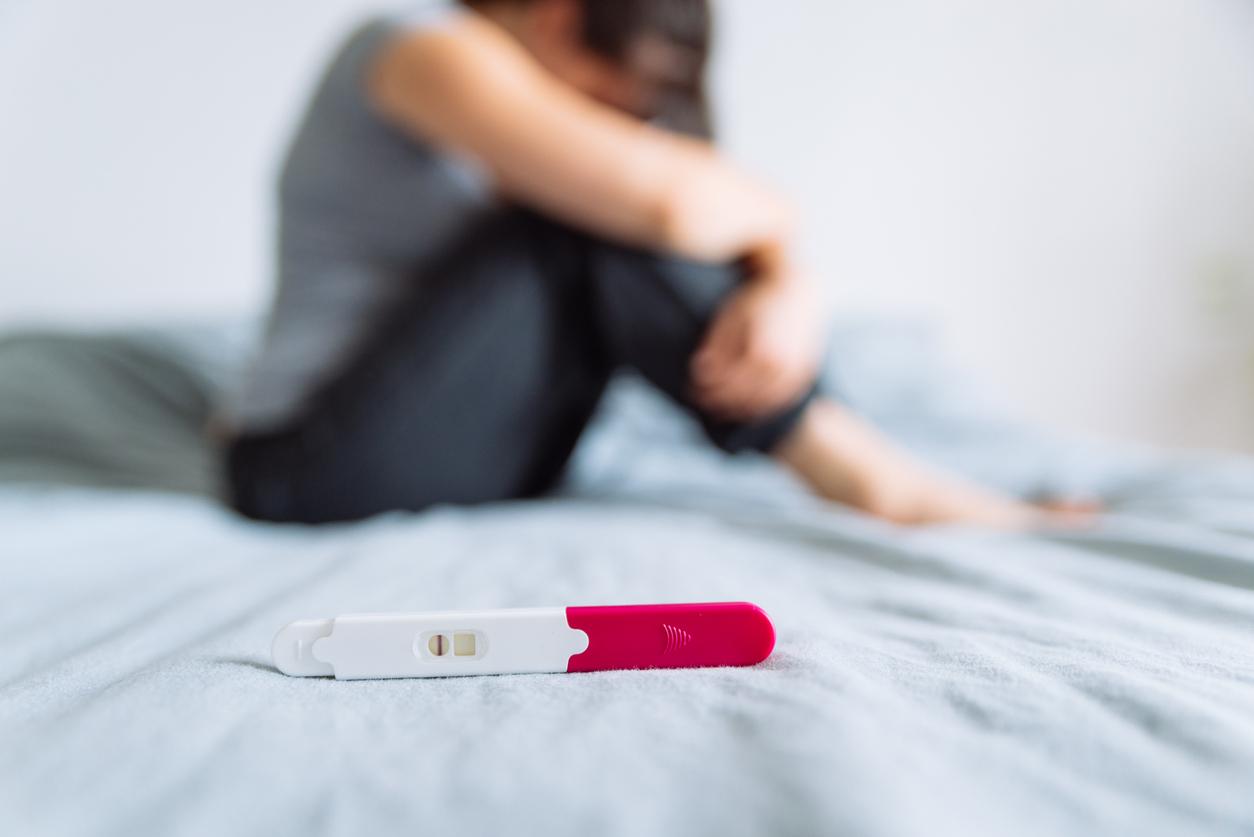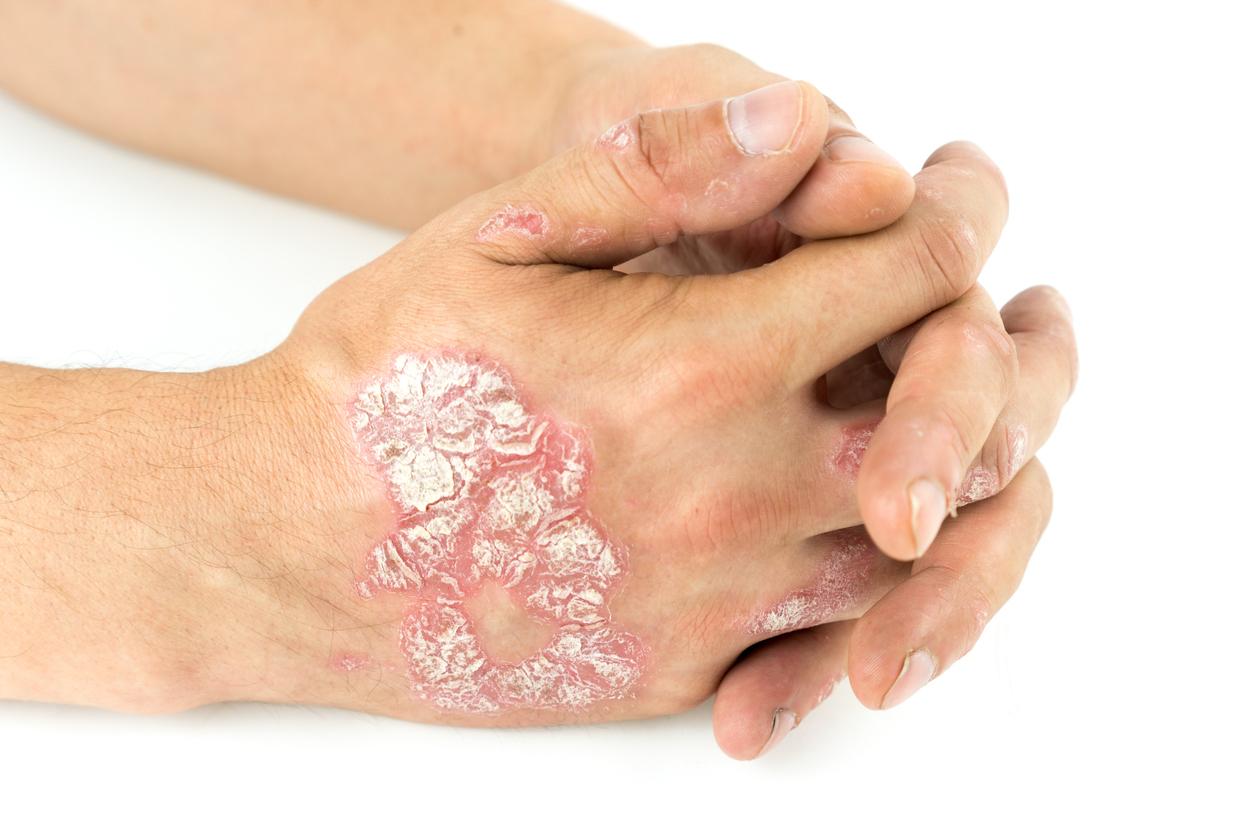
Rheumatism encompasses more than a hundred chronic diseases of joints, muscles and tendons. More than 2 million Dutch people have rheumatism. Anyone can get rheumatism, at any age. Eight frequently asked questions about rheumatism.
1. Can joints wear out with movement?
No, your joints do not wear out with movement. Exercise is even good for your joints. You may be inclined to relieve your joints because you are in pain. That’s not wise. If you do not move enough, your joints become stiffer and the complaints worse. Therefore always try to keep movingeven if it’s just a little bit. Cycling, swimming and walking are fun and suitable sports.
2. My joints are cracking, what does this mean and is it harmful?
There are many causes for joints to crack. Healthy joints can produce a cracking sound, such as a sound in the knees when squatting. But in osteoarthritis, cracking joints, along with pain and stiffness, are also a well-known phenomenon. The cracking sound is caused by the structure of the cartilage and bone changes. However, osteoarthritis does not always have to be accompanied by cracking sounds.
Other causes of creaky joints include:
- Pieces of loose bone in the joint. This can arise in rheumatism or after an accident.
- Tendons or muscles that ‘rub’ over a bony prominence or other tendon or muscle.
- Damaged tendons or muscles due to (inflammation in) rheumatism.
- After an accident.
- At a disruption.
- When exerting pressure on the joint during manual therapy.
- When cracking or snapping the joints yourself, often the finger joints.
Cracking the joint(s) yourself, such as snap with the fingers, it probably won’t hurt and won’t cause rheumatism or osteoarthritis. Self-cracking is not so good for the tendons and the joint capsule.
3. Does the weather affect rheumatism?
A rheumatic disease is not caused by the weather. Nor does the weather aggravate the rheumatism. However, the weather conditions can influence how you experience your complaints.
Especially when it is cold and humid, many people with rheumatism have more pain and suffer from stiffness. Heat sometimes relieves pain and stiffness. A partial explanation for this is that heat improves blood flow. If it is less warm, the muscles and joints can feel painful.
It is impossible to explain why people with rheumatism get more complaints when the humidity is higher. A lot of research has been done, but no conclusions can be drawn yet. The weather consists of so many components (eg temperature, air pressure, wind) and rheumatism is so variable that a connection between weather and rheumatism is difficult to demonstrate.
4. Do glucosamine and chondroitin help with osteoarthritis?
Glucosamine and chondroitin are endogenous substances that occur in almost all tissues of the body. They are building materials of cartilage. Glucosamine sulfate and chondroitin are available as dietary supplements. Glucosamine sulfate can be used in mild knee osteoarthritis to reduce pain. The effect of chondroitin has been less strongly demonstrated. It has not been proven that the means also build cartilage.
Glucosamine and chondroitin are available without a prescription and can sometimes cause side effects. If you want to try these remedies, always consult your doctor first. There are situations in which it is better not to use glucosamine.
Various products are available. Its quality is different. Be sure to buy glucosamine as sulfate. The recommended daily amount of glucosamine is 1,500 milligrams. If you buy the product bound to sulphate, you will have to take it in a dose of approximately 2,000 milligrams to arrive at 1,500 milligrams of glucosamine.
If you have been taking glucosamine for at least three months, you may notice an effect on the pain. Are the complaints not going away? Then you can assume that the drug does not work for you.
5. I have rheumatism, is exercise wise?
Yes, exercise even has many positive consequences, if you do it responsibly. Exercise regularly prevents bone loss, the joints become more flexible, and your muscles become stronger. In addition, it is good for the condition and has a beneficial effect on the heart and lungs.
6. Can I get the flu shot for rheumatism?
The annual flu vaccination will start from mid-October. If you have rheumatism and you use immunosuppressive (rheumatoid) medication, you will receive an invitation from your GP for a free flu shot. The flu shot is the best method to reduce the risk of getting the flu.
7. Is there a diet against rheumatism?
In some people with rheumatism, their symptoms seem to decrease if they adjust their diet. But only little scientific research shows that certain foods have an effect on rheumatism. This is also because research into the effect of diet is difficult to conduct. It is hardly possible to check whether someone adheres to a strict diet. And people with rheumatism always have good and bad periods. The effect of diet is therefore difficult to measure.
Healthy and varied food is of course recommended. Do you want to change something about your diet? Then it is best to ask a dietician for advice.
8. What is Rheumatoid Factor?
Rheumatoid factor is a substance that everyone has in his or her blood. An elevated rheumatoid factor in the blood can be an indication that you have an autoimmune disease. This is a condition in which the immune system attacks its own cells. Some forms of rheumatism are autoimmune diseases, for example rheumatoid arthritis.
Sources):













